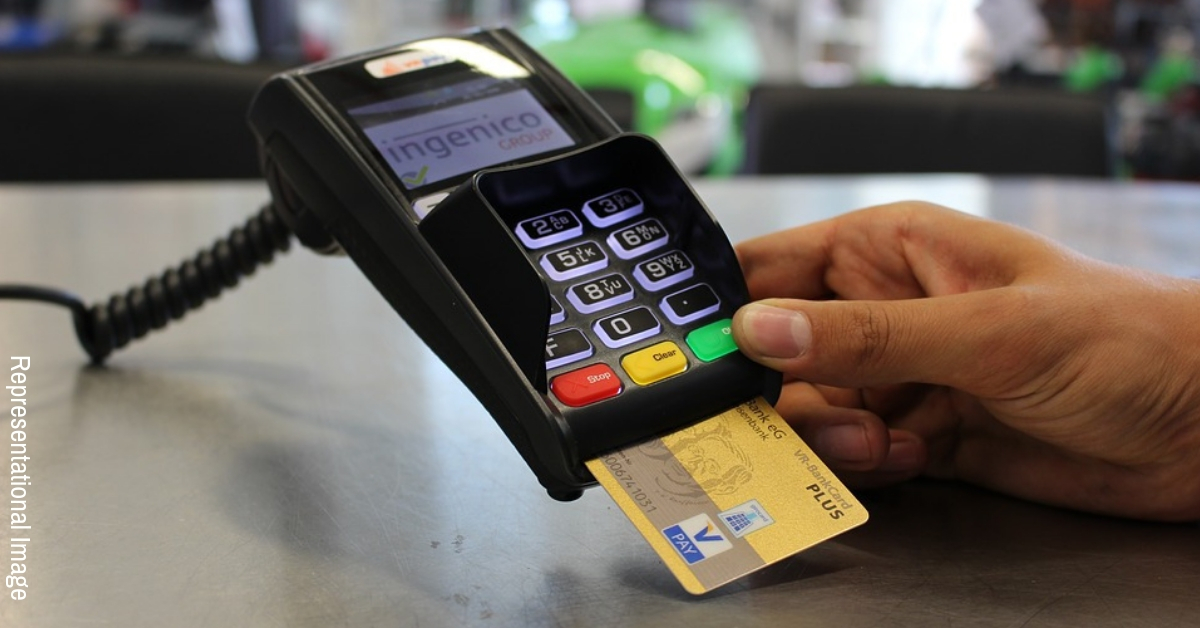Is your bank reminding you to replace your current debit or credit card with a new one?
According to a Livemint report, the Reserve Bank of India (RBI) has issued a directive to banks to replace all existing magnetic stripe-only cards by 31 December 2018.
This means that your old magnetic stripe-only cards are going to become obsolete after the deadline and will have to be replaced by what are called ‘EMV chip cards’, where EMV stands for Europay, Mastercard, Visa.
Worried about how much will you have to pay to replace your card? Not a penny.
Here’s all you need to know about the move:

- There are over 39.4 million active credit cards and 944 million debit cards in India currently, according to RBI.
- The directive to shift to EMV cards is applicable not just to domestic but also international cards. If you have an old magnetic stripe-only card, replace it because it won’t be valid after December 2018.
- This means that even if your card is valid after 31st December 2018, you will need to get it replaced.
- Banks are replacing the cards free of cost.
- The RBI had earlier issued a directive to ensure that banks mandatorily issue EMV chip cards to all new customers acquired after 31 January 2016.
How are the chip-based cards better or different from magnetic stripe-only cards?
The level of security is higher. Chip-based cards, commonly known as chip and PIN cards are equipped with higher standards of data encryption and storage technology in comparison to magnetic stripe cards.
For instance, your magnetic stripe cards can carry out a transaction at a point of sale (PoS) device with just a swipe. A PIN card requires a PIN as a second-factor authentication to finish this transaction.
Chip/PIN cards eliminate the risk of ‘skimming’ or ‘cloning’, thereby preventing frauds.
Your magnetic stripe card has static information stored in the black strip that you see on the back of the card. This can be easily captured if the card is in use at an ATM where a cloning device is installed.
Having an EMV card eliminates this risk as it saves customer-related information in a dynamic format on the chip. This information is therefore encrypted, and so is the transmission of information, which makes card cloning difficult.
“Hence, regulators all over the world have been asking banks to move to EMV cards,” Ritesh Raj Saxena told Livemint. Saxena is the business head in retail banking, digital and payments domain, IndusInd Bank.
Read More: Lost Your Credit/Debit Card? Here’s What You Should Do Immediately!
Does this mean that you are safe from all kinds of card frauds?
Well, no.
Of course, the EMV chip card can tackle any fraudulent advances in a physical card cloning situation to a great extent. But you are still at risk of frauds during online payments if you share your card details with anyone you don’t know or trust. So remember to keep these details to yourself.
(Edited by Shruti Singhal)
Like this story? Or have something to share?
Write to us: contact@thebetterindia.com
Connect with us o n Facebook and Twitter.
If you found our stories insightful, informative, or even just enjoyable, we invite you to consider making a voluntary payment to support the work we do at The Better India. Your contribution helps us continue producing quality content that educates, inspires, and drives positive change.
Choose one of the payment options below for your contribution-
By paying for the stories you value, you directly contribute to sustaining our efforts focused on making a difference in the world. Together, let's ensure that impactful stories continue to be told and shared, enriching lives and communities alike.
Thank you for your support. Here are some frequently asked questions you might find helpful to know why you are contributing?
